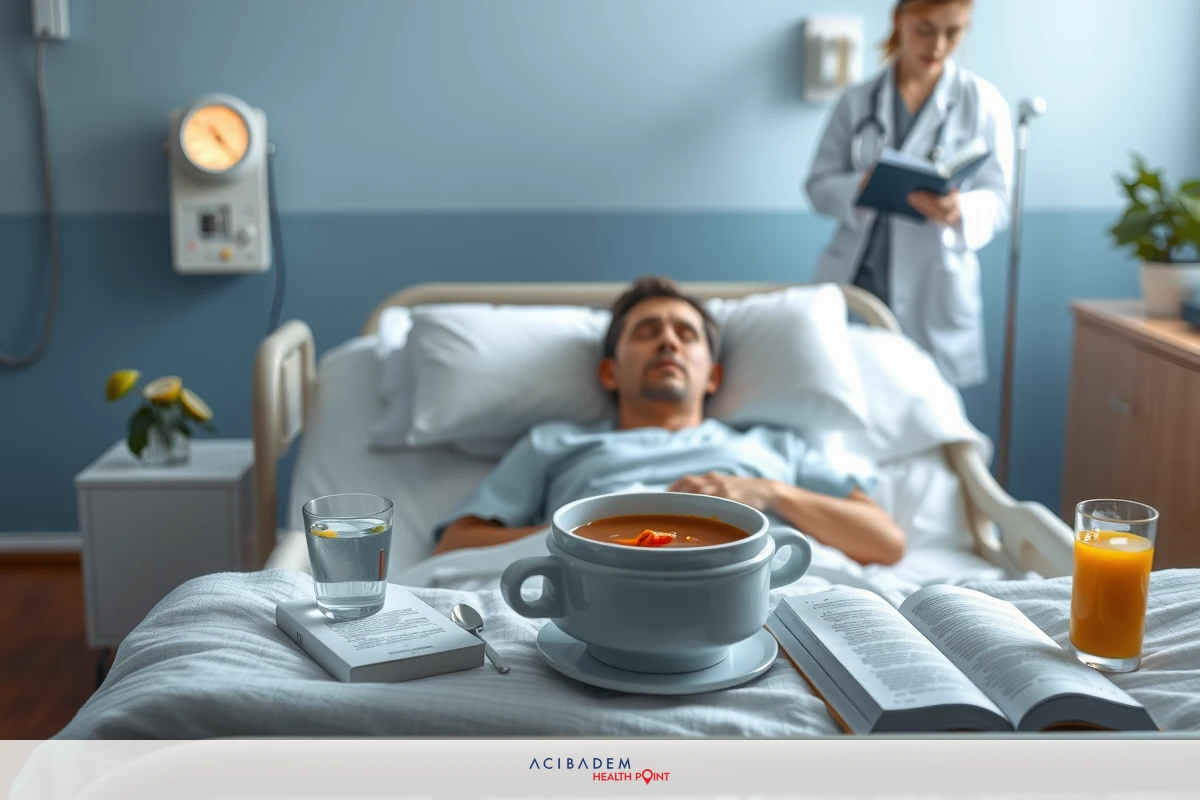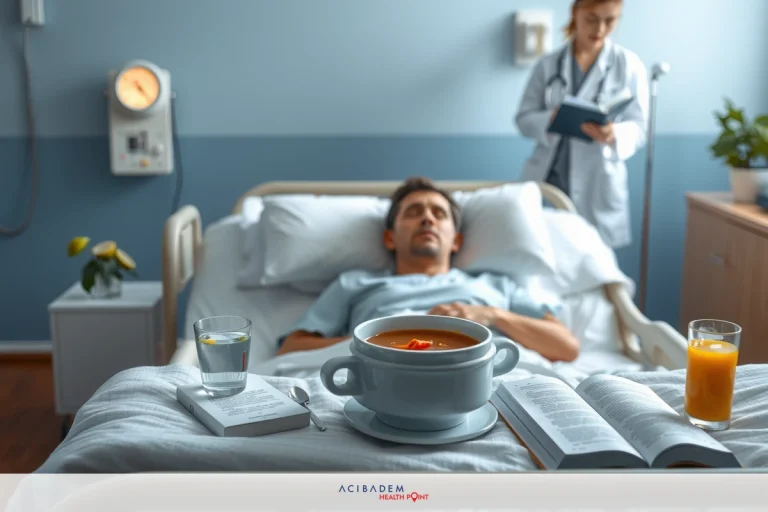What to Expect After Monoclonal Antibody Therapy? Have you just finished monoclonal antibody therapy? You might be wondering what comes next. Many feel a mix of relief and curiosity after treatment.
Side effects can vary but most are mild. Some people experience fatigue or mild fever. It’s normal to have questions about what’s happening in your body.
Recovery is a journey not a destination. Each day brings new changes and improvements. Stay positive and informed as you navigate this period. Your health is important so let’s look at some tips that could help make the days ahead brighter for you.
How Long Do Side Effects Last?
After monoclonal antibody therapy you might feel side effects. These can be mild to moderate. Common ones include tiredness and fever. Some people also experience headaches or chills.
Side effects usually don’t last long. Most clear up within a few days to a week. It’s important to rest and take care of yourself during this time.
Drink plenty of water and eat well-balanced meals to help your body recover more quickly. Listen to your body’s needs; if you feel tired get some rest.
If side effects persist for more than a week contact your doctor. They can provide additional recovery tips or medication if needed. Remember patient care is vital after any treatment.
Common Side Effects
After monoclonal antibody therapy side effects can be common. Many people experience fatigue. Feeling tired is normal and usually temporary.
Fever is another frequent post-treatment effect. It might last a day or two. Some patients also report headaches. These are often mild but can be bothersome.
Chills are less common but still possible. Your body may shiver for a short time after treatment. Muscle aches sometimes accompany these chills adding to the discomfort.
Nausea can occur as well though it’s not very common in most cases. If you feel nauseous try eating small meals throughout the day to help manage it better.
It’s important to note that while these side effects are typical and part of the patient experience they usually go away on their own within days or weeks after therapy ends.
Tips For A Smooth Recovery
After monoclonal antibody therapy your body needs time to heal. Rest is key. Make sure you get plenty of sleep each night.
Stay hydrated by drinking lots of water. This helps flush out any toxins in your system. Eating well-balanced meals will give your body the nutrients it needs.
Light exercise can be helpful too. Gentle walks or stretching exercises keep your blood flowing and muscles active without overworking them.

Listen to your body’s signals. If you feel tired take a break. Don’t push yourself too hard during this post- treatment period.
Keep track of how you’re feeling each day in a journal or diary noting any side effects or changes in energy levels as part of good patient care practices.
When To Contact Your Doctor
After monoclonal antibody therapy it’s vital to monitor your health. Some side effects are normal but others need quick medical advice.
If you have a high fever that lasts more than two days call your doctor. Fever is common but persistent high fever can be serious.
Severe headaches or dizziness should also prompt a call to your healthcare provider. These could be signs of something more urgent.
Breathing problems are another red flag. If you find it hard to breathe or feel short of breath seek immediate help from your doctor.
Persistent nausea and vomiting should not be ignored either. These symptoms can lead to dehydration and other complications if left untreated.
Swelling at the treatment site is usually mild but watch out for severe swelling or redness spreading beyond the area; consult with your physician if this occurs as part of good patient care practices.
Can You Resume Normal Activities?
After monoclonal antibody therapy many wonder about resuming normal activities. It’s natural to want to get back to your routine.
Start slowly and listen to your body. Light tasks like walking or gentle stretching are good first steps. Avoid heavy lifting and intense exercise early on.
Most people can return to work within a week depending on their job’s demands. If you feel too tired take more time off for recovery.
Social activities can also be resumed gradually. It’s fine to meet friends but avoid crowded places initially as part of patient care tips.
Monitor any post-treatment effects closely. If new side effects arise after resuming activities pause and consult with your doctor for further advice.
Frequently Asked Questions








